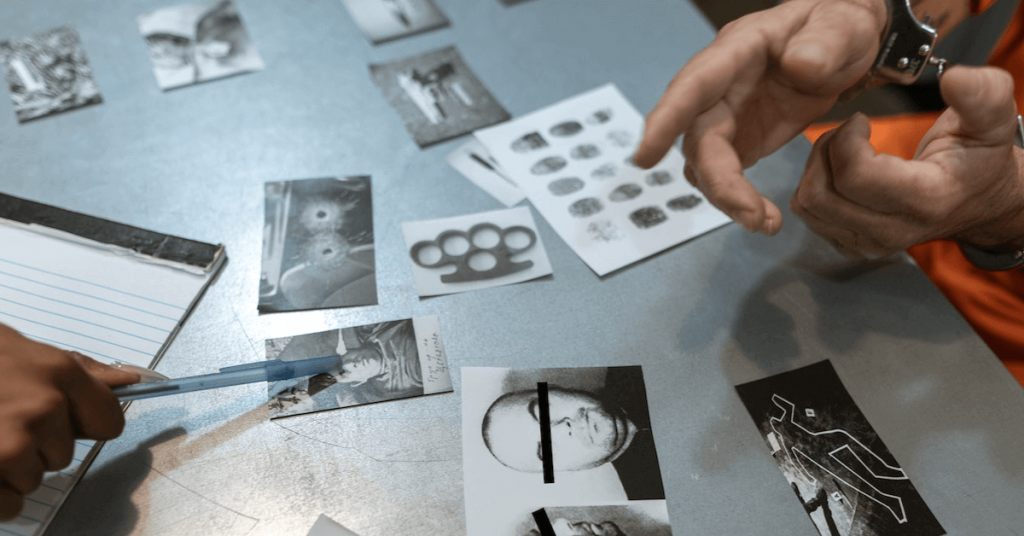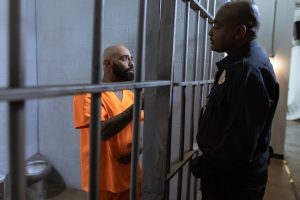In Australia, as in many other countries, a witness statement alone often falls short of being sufficient to secure a conviction. Typically, the prosecution must establish the accused’s guilt beyond reasonable doubt, which often necessitates multiple pieces of evidence.
The weight and reliability of a witness’s statement can vary significantly, influenced by factors like their state of intoxication during the incident or the distance from which they witnessed the event, such as from inside a moving vehicle or a significant distance away.
Ultimately, it’s the judge or jury’s responsibility to assess whether the collective evidence presented is sufficient to establish guilt beyond a reasonable doubt. In rare instances, an exceptionally convincing and consistent witness statement that aligns seamlessly with other evidence may be enough to secure a conviction. However, these cases are more the exception than the rule.
Witness Statement
Witness statements are expected to be objective, truthful, and based on the witness’s firsthand knowledge of the incident. They should provide a detailed account of what the witness observed or knows about the case. Often, they are used to present a witness’s perspective on the events in question. They are valuable for establishing the facts of a case and can be used by both the prosecution and the defense in court.
Witness statements are usually prepared by the witnesses themselves or, in some cases, by their AVO legal representatives. They can be prepared in advance of a trial or legal proceeding and submitted as evidence.
These statements can originate from two distinct perspectives: those of the witnesses who have observed events directly and those of expert witnesses whose specialized knowledge and analysis contribute valuable context and understanding to the complexities of the case.
Witness Defined
A witness is an individual who provides testimony or evidence in a legal proceeding, such as a trial or a hearing. Witnesses can play a crucial role in the judicial process by offering information to help establish facts and ascertain the truth.
Also read: What Evidence Is Needed For Assault
Expert Witness Defined
An expert witness plays a critical role in helping the Court comprehend matters that fall outside the purview of the judge’s or jury’s common knowledge. They are tasked with providing impartial and unbiased opinions, even when their findings may not align with the interests of the engaging party.
Family Consultants as Expert Witness
The function of a family consultant is outlined in sections 11A–11F of the Family Law Act 1975. The Court funds the work of family consultants, coordinated by the Court Children’s Service (CCS) section.
Family consultants are:
- Employees of the Court designated under the Federal Court of Australia Act 1976, or
- Private practitioners who have applied and been deemed suitable by the Court Children’s Service to undertake the duties of a family consultant and who are appointed by Regulation 7 of the Family Law Regulations 1984.
Court-employed family consultants are referred to as court child specialists. Court child specialists serve as family consultants and family counsellors (as defined by section 10B of the Family Law Act). Section 10D of the Family Law Act prevents the court child expert from acting as an expert witness if they have been acting in the role of a family counsellor. That’s because they hold confidential information shared with them.
Role:
- Assessments: Family consultants may conduct evaluations of family dynamics, parenting capabilities, and the needs of the children involved in the dispute. They may interview the parties, children, and other relevant individuals to gather information about the family’s circumstances.
- Reports: Based on their assessments, family consultants prepare reports for the Court that provide recommendations on parenting arrangements or other family matters in the children’s best interests. These reports, known as Family Reports or Child Dispute Conference Reports, are used as evidence in court proceedings and can influence the judge’s decision-making process.
- Assistance during court proceedings: Family consultants may be called upon to give evidence in Court, where the party’s legal representatives can question them. They may also assist the Court during hearings or trials by providing expert advice on family and child-related issues.
- Dispute resolution: Family consultants can help parties resolve disputes through alternative dispute resolution processes, such as family dispute resolution or child-inclusive conferences. Their role in these processes is to facilitate communication and help the parties reach agreements that are in the children’s best interests.
Also read: Is Photo Evidence Enough to Convict?
Witness Statement and Lawyer in Court Hearing
In legal proceedings, witnesses typically do not require lawyer. Their primary duty is to offer testimony or evidence based on their direct observations, expert knowledge, or character assessments of the parties involved. As a witness, your essential responsibility is to provide accurate and truthful information to assist the Court in establishing the facts of the case.
However, if you harbor concerns about your rights or the potential legal implications stemming from your testimony, it is advisable to seek counsel from a lawyer before taking the stand. A lawyer can offer valuable assistance by helping you comprehend your rights, the legal process, and any potential consequences that may arise due to your testimony. This can be particularly crucial if you are apprehensive about self-incrimination or revealing sensitive information that could impact your personal or professional life.
Also read: 3 Key Points About The Lowest Charge Of Common Assault
Taking Oath Before Providing Witness Statement
Witnesses are required to take an oath or affirmation before providing their testimony. This requirement serves a crucial purpose: to underscore the significance of truthfulness and to emphasize the witness’s legal obligation to provide accurate and honest testimony.
An oath involves making a solemn promise to tell the truth, typically invoking a higher power or using a sacred object like swearing on the Bible or another religious text. This religious or sacred element is meant to imbue the promise with a deeper sense of responsibility.
In contrast, an affirmation is a solemn declaration of the same commitment to telling the truth, but without any religious connotations. It is an option provided for those witnesses who do not wish to invoke religious references in their commitment to honesty.
The choice between taking an oath or making an affirmation depends entirely on the witness’s personal beliefs and preferences. It’s important to note that both options carry the same legal weight and consequences. The witness’s commitment to truthfulness is equally binding regardless of whether they choose an oath or an affirmation.
False Testimony in a Witness Statement
It’s essential for witnesses to understand that providing false testimony or committing perjury, regardless of whether they’ve taken an oath or made an affirmation, can have serious legal repercussions. These consequences may include fines, imprisonment, or other legal actions taken against the individual who provides false or dishonest testimony. This underscores the critical importance of honesty and integrity in the legal system.
Conclusion
Question: Is a witness statement enough to convict?
Answer: In Australia, as in many other countries, a witness statement alone may not suffice to convict an individual of a crime.
Typically, the prosecution must establish the accused’s guilt beyond a reasonable doubt to secure a conviction.
Sometimes, multiple pieces of evidence are needed, depending on factors such as the witness’s credibility, the consistency of their statement with other evidence, and the presence of corroborating evidence.
The weight and reliability of a witness’s statement can vary.
The judge or jury is ultimately responsible for determining whether the evidence is sufficient to establish guilt beyond a reasonable doubt.
There may be instances, however, in which a witness statement, if extremely convincing and consistent with other evidence, may be sufficient to secure a conviction.
Taking the Witness Stand Soon?
At Justice Family Lawyers, we understand the challenge of taking the witness stand, and we are committed to providing our clients with the highest quality legal advice and representation.
Our AVO lawyers and practitioners are highly experienced and knowledgeable, and we are committed to helping our clients receive the best possible outcome.





